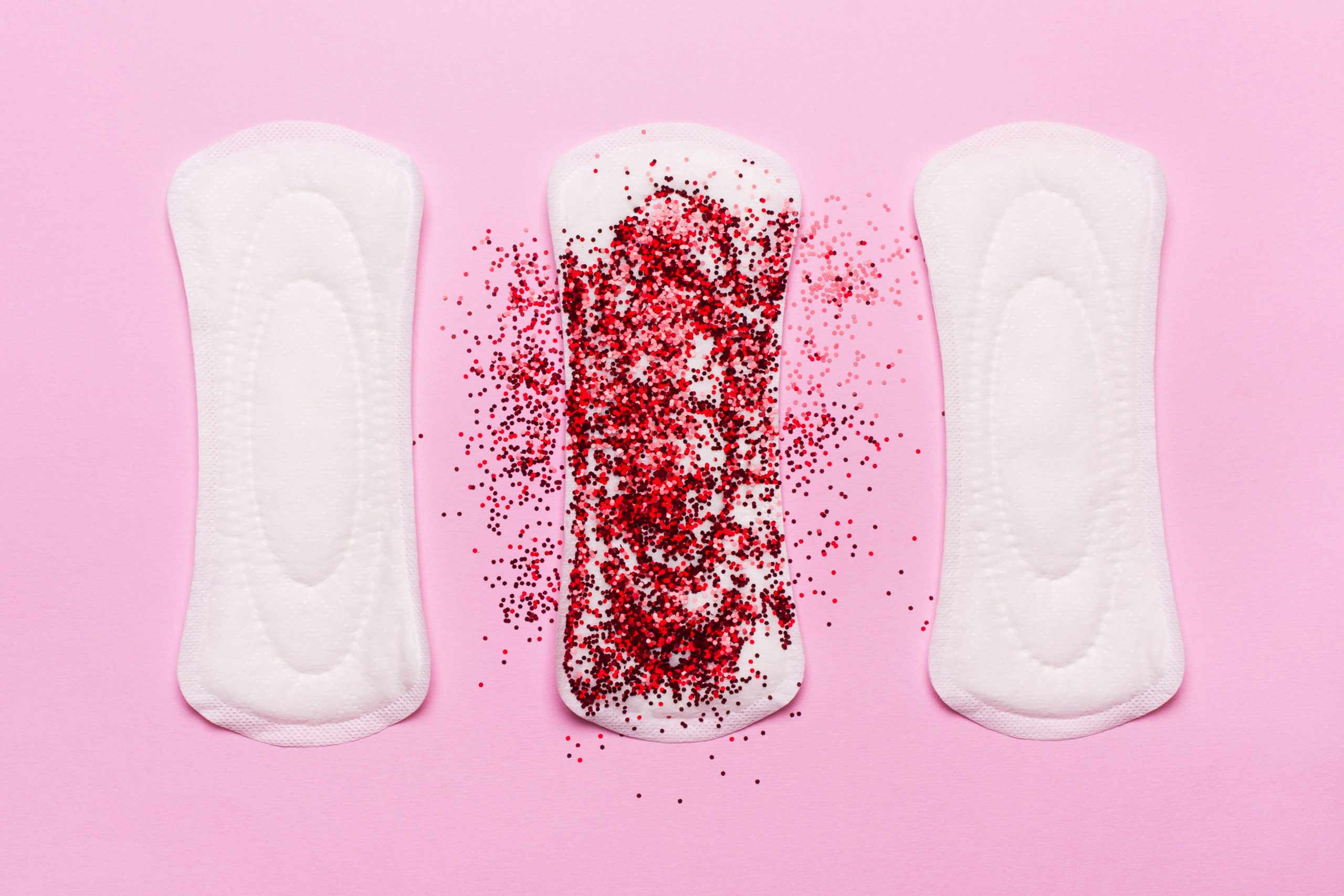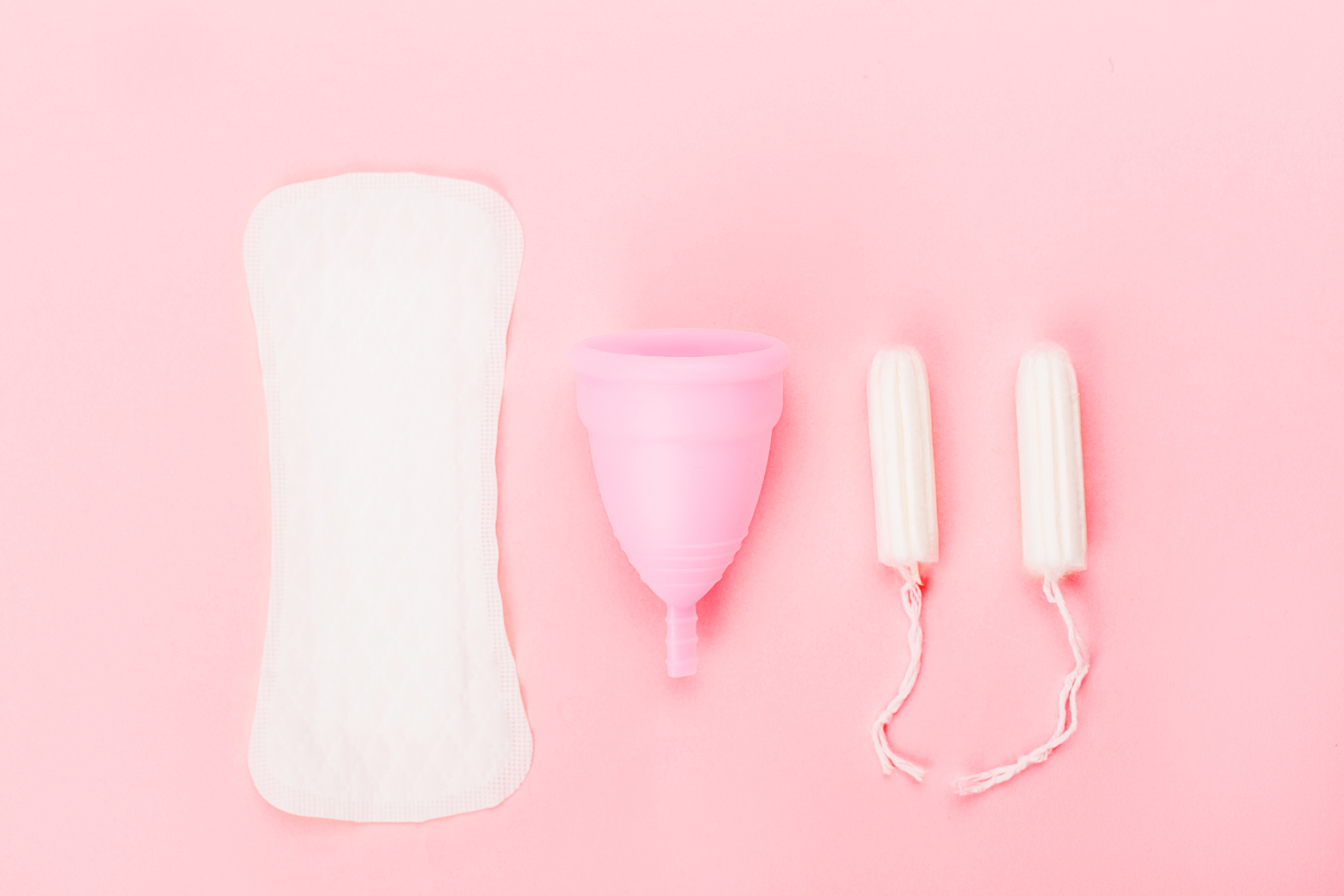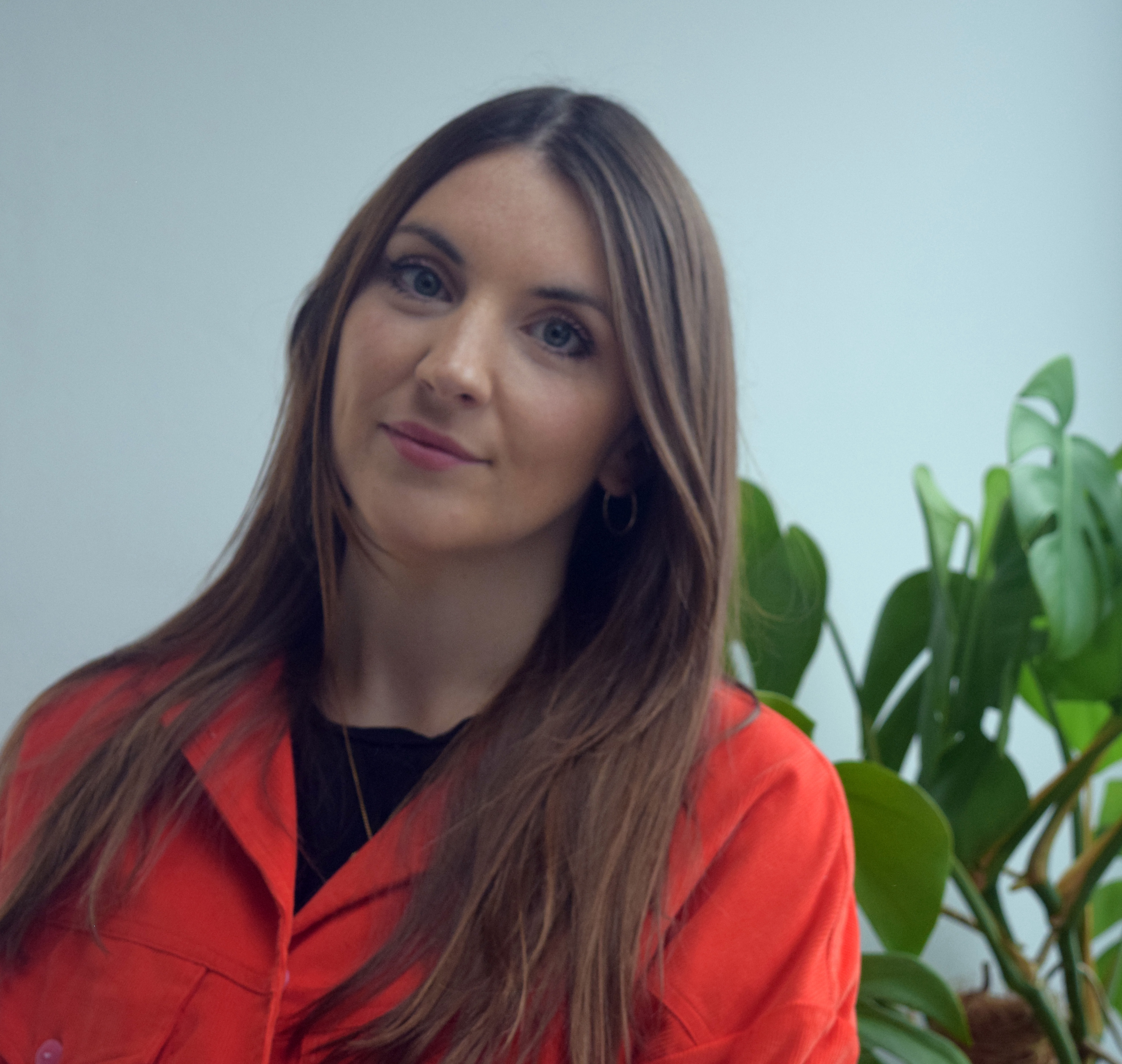The UK government have shared that free period products are "not a health issue"
The letter from the Department of Health has sparked concern among those fighting to end period poverty.


Celebrity news, beauty, fashion advice, and fascinating features, delivered straight to your inbox!
You are now subscribed
Your newsletter sign-up was successful
The letter from the Department of Health has sparked concern among those fighting to end period poverty.
In the UK, a shocking 1 in 10 girls can’t afford to buy menstrual products. Known as period poverty, this lack of access to menstrual products has resulted in more than 137,000 children across the UK missing school.
In November 2020, Scotland became the first country in the world to provide free and universal access to period products. Unfortunately, a new letter from Health Minister Robin Swann to the educational committee suggests the UK is a long way from following in its footsteps.
According to Mr Swann’s letter, a lack of period products for some people is not solely a "health issue" and is outside of the remit of the Department of Health alone.
His letter is a response to questions about a proposal to make period products free in all schools, colleges, and public buildings in the UK. The plan would make the scheme a statutory duty of the Department of Health, and is in a private member's bill from SDLP assembly member Pat Catney.
Mr Swann said he did "share the objective of the broad intent of the bill to make appropriate products more freely accessible". He also acknowledged that a lack of period products had a "significant health impact" on those who needed them.
However, he claimed that he could not support the "far-reaching duty" placed on his department to create and run the scheme.
Celebrity news, beauty, fashion advice, and fascinating features, delivered straight to your inbox!

He wrote: "Period products are however not classified as healthcare products as menstruation is neither an issue that in general requires health treatment, nor is it preventable."
"The health impacts do also not make the underlying issue — the lack of period products — a health issue," wrote Mr Swann. "Rather this is an issue closely related to poverty and social justice, both of which are outside the remit of my department."
Claiming that health officials had estimated the bill to cost at least £3m a year, Mr Swann also said he was concerned about the expense of the scheme. He wrote that this is "in the context of a very challenging financial situation, where the draft budget is not sufficient to cover the existing demands across the health and social care system".
Meanwhile, Dr Tomas Adell, from the Department of Health, spoke separately about period poverty being a cross-departmental issue. While the Department of Health should have a "huge input" into the bill it should not have "universal duty", he said.
He went on to compare using period products to taking supplements. "When it comes to public health and healthcare issues, the general position we take on products is that if a product is used for something that's not a treatment and is not preventable then it is not a healthcare issue,” he said. “For example, food supplements are very useful for our wellbeing but it's not a healthcare product.
He continued: "Most things in society impact on our health, that doesn't make them healthcare issues themselves. It's a very important distinction for us to draw because otherwise, we would be responsible for everything in society."
But if this problem doesn’t fall under the remit of the Department of Health, whose responsibility is it? (Read our guides to menstrual cycle phases and period pants, here).
"I'm concerned," said Chris Lyttle, the education committee chair and Alliance Party assembly member. "I have seen important provisions fall between the stools of cross-departmental cooperation too many times."
Meanwhile, further information has challenged Mr Swann’s estimates about the potential cost of the programme. A three-year pilot scheme to provide free period products in schools was likely to cost £500,000 less than originally estimated, according to information supplied to the committee from the assembly's Research and Information Service.
What are your thoughts — should period poverty be considered a public health issue?
